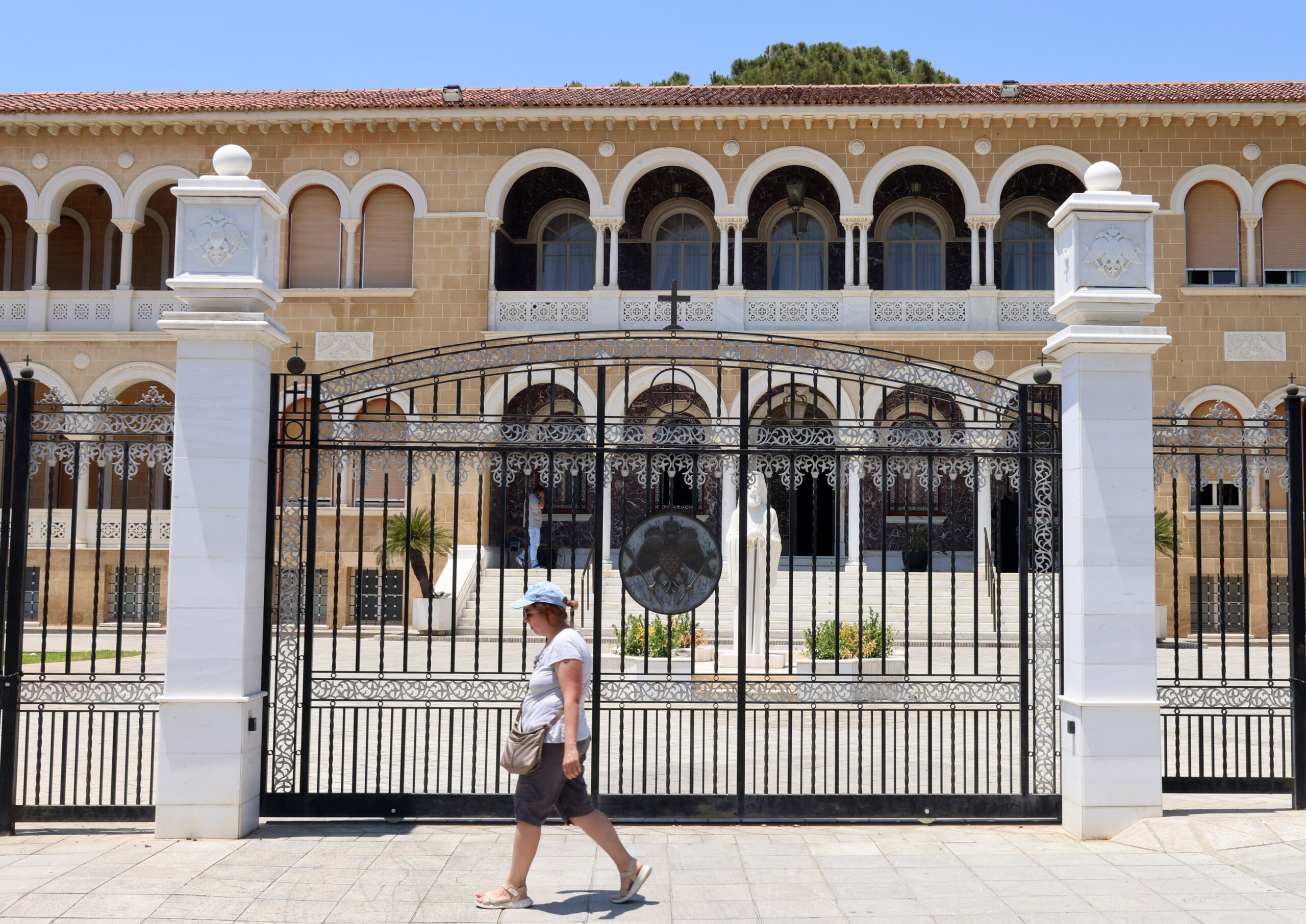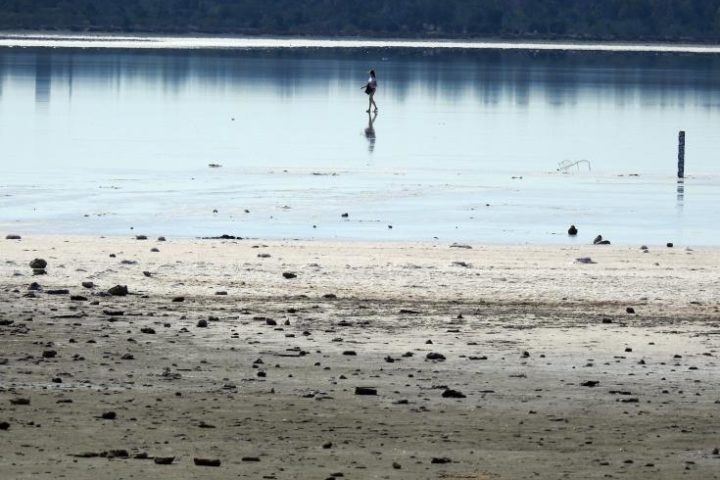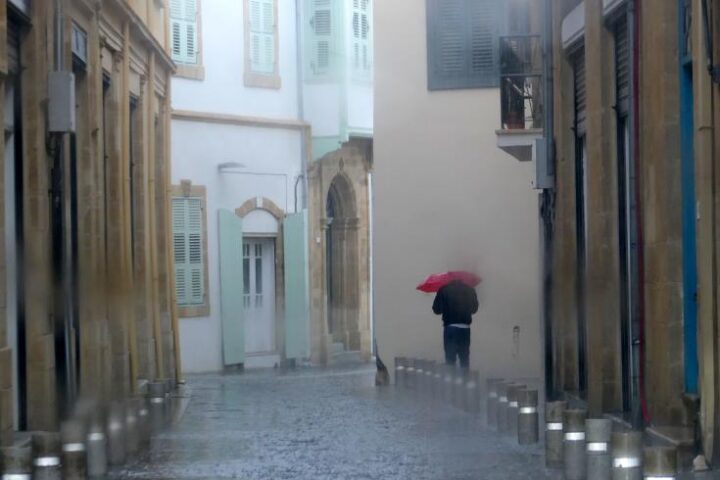There is no need to consult a weather map or study satellite images to predict what the weather will be like during the summer months in Cyprus.
It is usually between hot and hotter or stiflingly humid and dusty.
And prolonged heatwaves are becoming more commonplace than they were maybe a decade or so ago.
In another 25 years from now – the way the climate changes – we may be facing extreme heat levels that could even see our crowded beaches deserted in August.
Europe is getting hotter, with many blaming global warming, but even though nature is telling us we need to change our behaviour, it’s business as normal.
It’s often been said that Cyprus needs to be more proactive with renewable energy – it needs to harness the sun to power the grid.
Our tourism industry needs to be sustainable if we are to prevent extreme weather conditions from destroying it.
As a Mediterranean country, Cyprus is on the frontline of the climate crisis with a lack of water, coastal erosion and desertification.
These are real and tangible phenomena, but the effort to address the problem is half-baked, half-hearted and hindered by half-measures.
We want to solve the Cyprus problem and reunify a divided island, but there may be nothing to save before the politicians start building a peace path.
Nature will not wait for us to get our act together; it’s already sent an emergency distress signal which is difficult to ignore.
Prolonged heatwaves are nothing new, but they are becoming more frequent and severe as if someone has turned up the furnace a few notches.
Tourists are attracted to the island by its year-round sunshine – oh, and our hospitality, culture and general love vibe.
But it could be a very different story a few more years later when the intensity of our summers will be the single reason people stop visiting.
If maximum temperatures climb to 50 degrees Celsius during the peak season, what tourist would want to venture outdoors?
Nobody plans to go on an adventure holiday to stay in an air-conditioned room or constantly look for the shade to plaster some more sunscreen.
Energy efficient
The problem is that most of our buildings are not energy efficient, recycling is not compulsory, and our public transport system needs to go fully electric while investing more in innovative technology.
For now, weather warnings for extreme heat are becoming a regular occurrence in Cyprus and across Europe.
A second heatwave is expected to hit Italy next week.
The Cerberus weather system will be swiftly followed by heatwave Cheron, named after the ferryman to the underworld in Greek mythology.
Orange alerts have been issued for Cyprus this weekend, with maximum daytime temperatures to soar to 43C and minimum temperatures not below 25C.
And humidity along the coast is expected to reach an uncomfortable 65% while the danger of forest fires is high.
Moreover, the Mediterranean is forecast to break all-time temperature records.
The Cerberus heatwave is set to get worse over the weekend, with the mercury expected to reach as high as 45C in parts of Greece and Spain.
Temperatures expected this weekend could climb around 12C higher in the following days, particularly for Tuscany and Lazio.
Next week temperatures are predicted to climb as high as 48C in Sardinia, while in Cyprus, they are forecast to hover above 40C.
A scientist has warned that Europe is warming up faster than other continents, especially in the northwest.
Dr Leslie Mabon, Lecturer in Environmental Systems at The Open University, said extreme weather like Europe’s heatwaves “only become more common” if emissions from fossil fuels aren’t reduced.
He said Europe has been warming much faster than other continents in recent decades, and this trend is especially pronounced in northwest Europe – including the UK.
Although it is difficult to pinpoint one factor that’s sparking global warming, the scientist is adamant there is “absolutely no doubt” that a critical factor behind this trend is carbon dioxide emissions from burning fossil fuels.
Even if you don’t believe the science, you can feel the heat when you walk outside; it didn’t happen by chance.
We all like to chill at the beach during the summer, but extreme weather trends make our holidays a nightmare.










